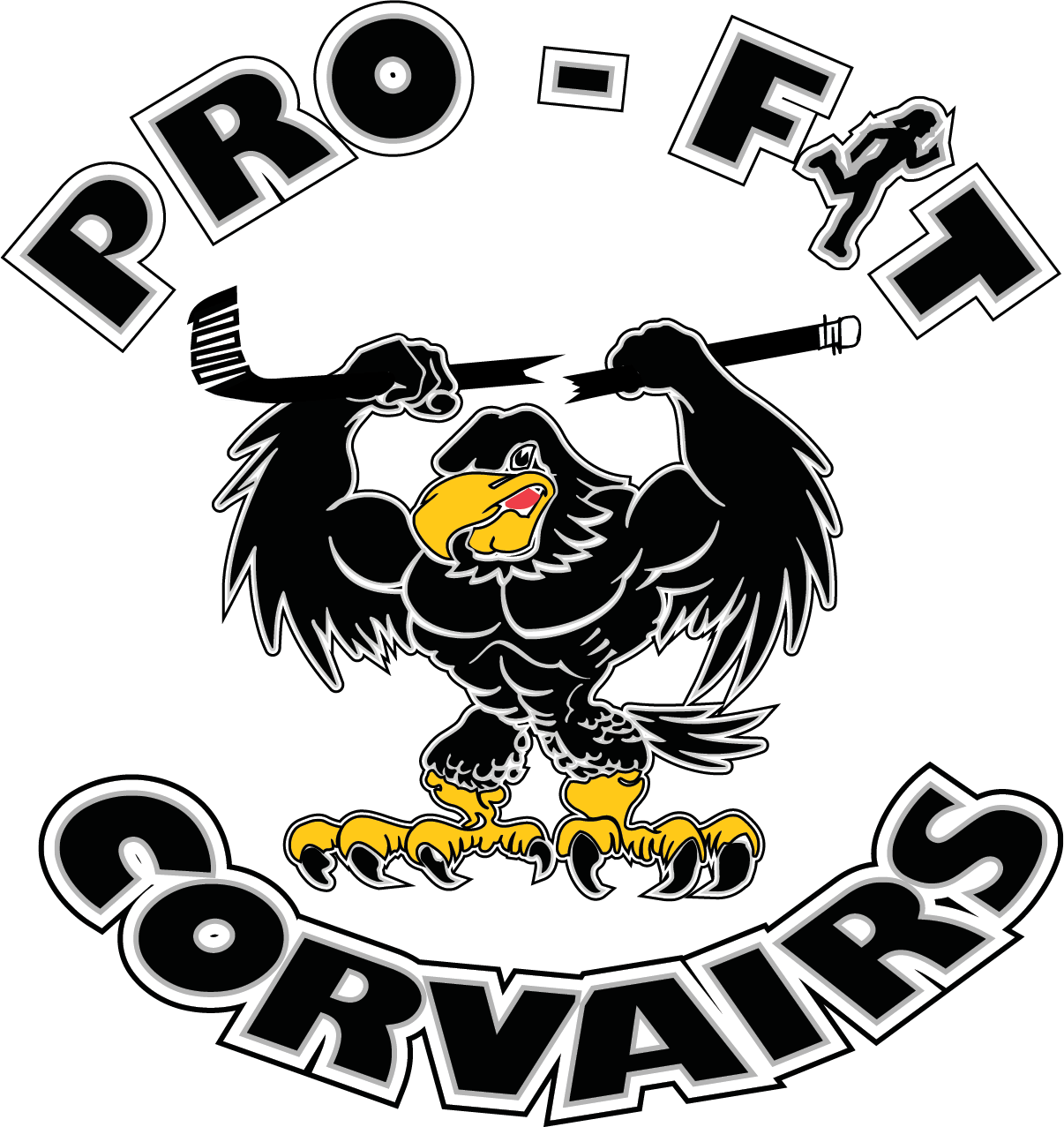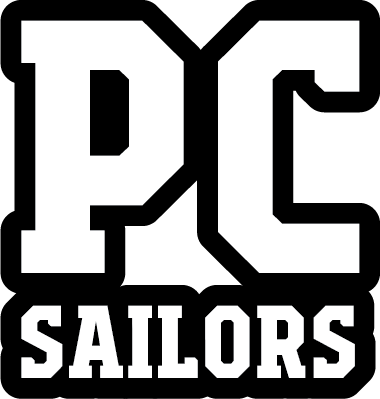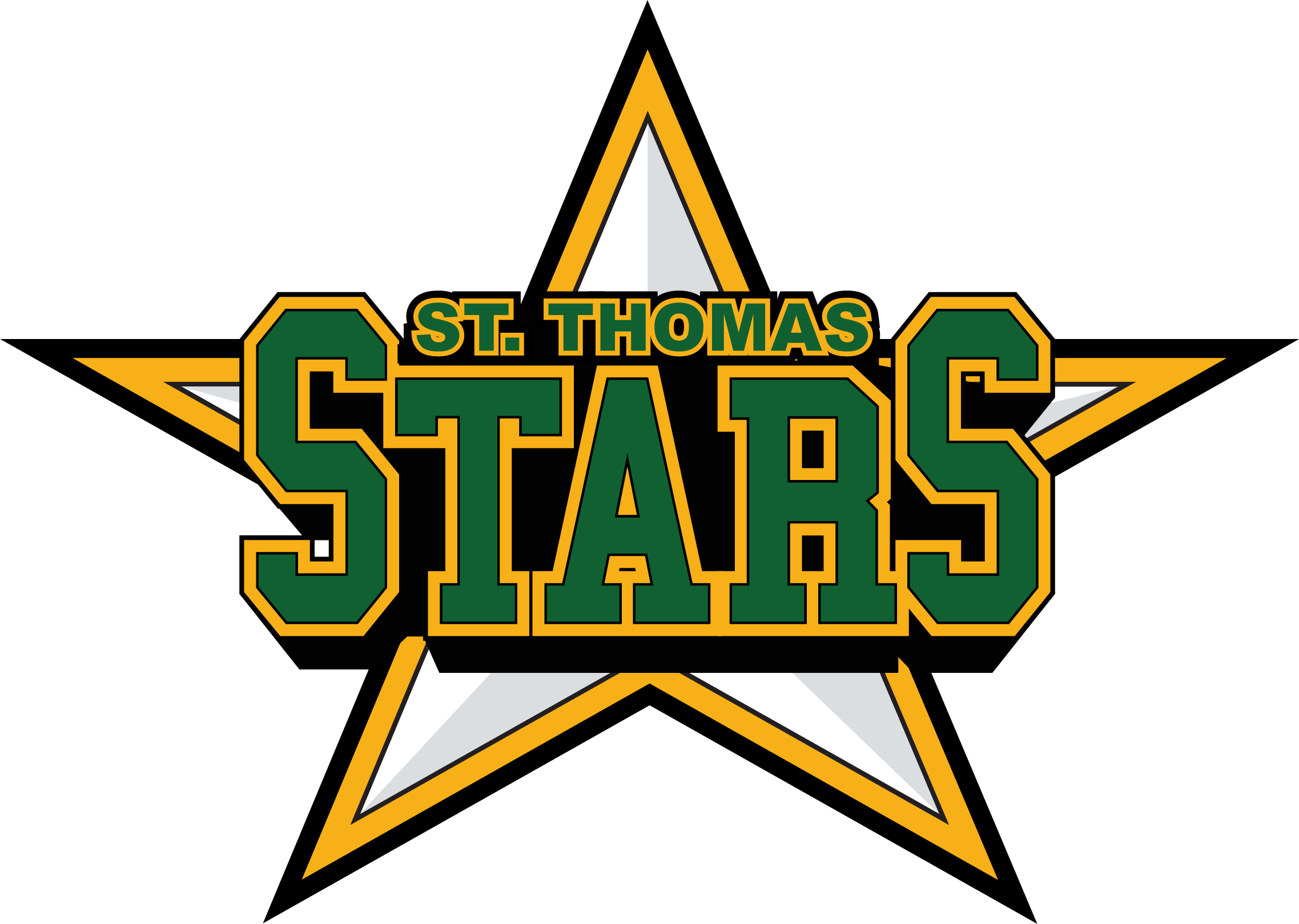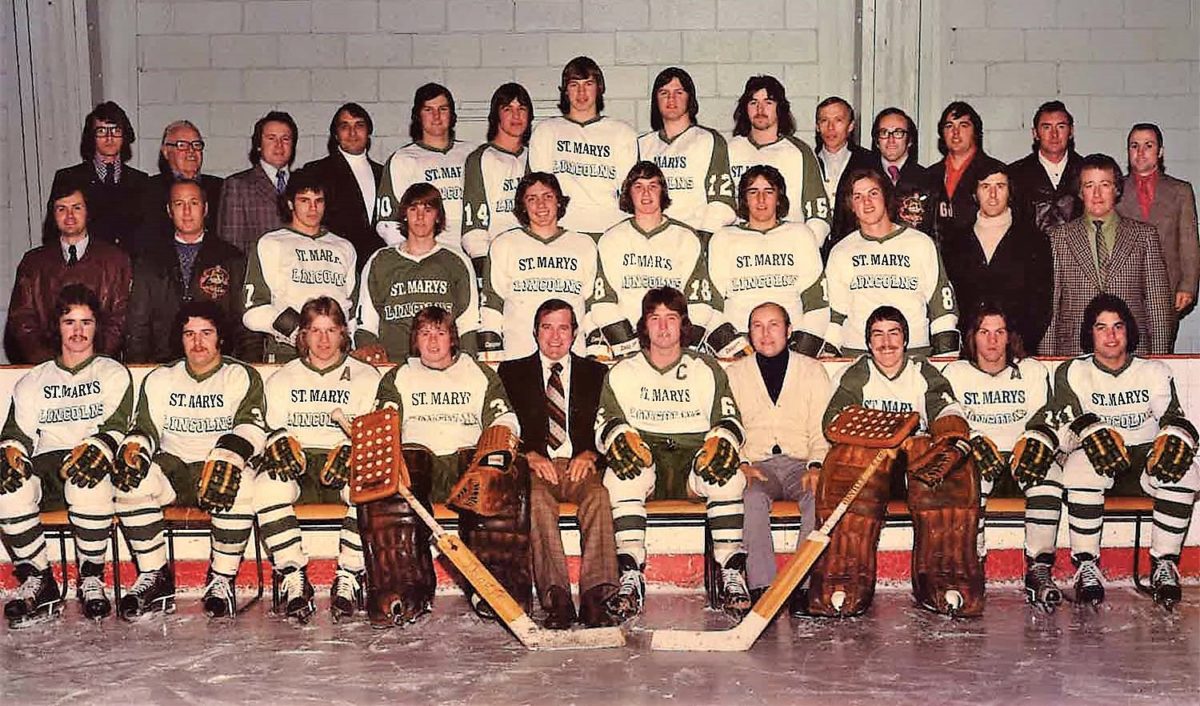He stocked St. Marys teams that twice reached the All-Ontario Jr. ‘B’ final
(Part 2 of a two-week feature)
By Pat Payton
Mike Brogden spent 10 successful seasons as General Manager of the St. Marys Lincolns.
Brogden joined the Lincs as their GM in 1968 and held that position until he stepped down following the 1976-77 season.
He worked extremely well with the late Barry Hearn, who coached the team for seven seasons. It’s the most successful run, to date, that the Lincolns have had in their storied 65-year history.
Brogden and Hearn guided St. Marys teams to two Western League titles (1971-72 and ‘75-76) and they also finished second, third and fourth three times. The ‘71-72 team reached the Sutherland Cup final, losing to the Markham Waxers, and the ‘75-76 squad captured the provincial championship on a spring night in Collingwood.
Two Lincs teams (1970-71 and 1973-74) also represented the Western League at the Ontario Winter Games (in Toronto and Thunder Bay) during the Brogden-Hearn era.
Summers tops the list
The best player he ever brought to the Stonetown was Bob Summers, Brogden says. Sniper Rick Fifield was a close second.
“Bob Summers was No. 1,” the former GM said without hesitation. “He could absolutely do everything.” Summers played only one season in St. Marys, but the husky 20-year-old centre–who possessed a heavy shot–scored over 80 goals (including playoffs) and helped lead the Lincs to the provincial title in 1975-76.
Summers came to St. Marys from Dorchester with friend Dave Rowse, another 20-year-old who added experience, size and toughness.
“I think Summers was the guy who turned the wheel for us,” Brogden said. He missed seven or eight games with a broken bone in his hand, but still scored 40 times in the regular season. He then added an incredible 45 goals in five playoff rounds.
The next season, Summers got an invite and attended the Toronto Maple Leafs’ NHL training camp.
Special group of players
Reflecting back to the ‘75-76 All-Ontario champions, Brogden called them a “special group” of players. Hard to believe, but it is now 46 years ago. It was a team that finished all five playoff series with a victory on the road.
“Those kind of teams only come along once in a while,” Brogden said. “Everyone of those players was so important to the team, and the role each of them played. One of the guys who really made a difference was (goalie) Dennis Thorpe. He saved our bacon a number of times. I don’t care what league you’re in, you’re going to have bad games, but Thorpey would save us.
“At the end of every season, Barry and I would sit down in the dressing room and ask ourselves what we did wrong. We always asked ourselves what we had to do to put a good team together. Barry finally said, ‘the only way we’re going to have a winner is with more experienced players.’”
That big, talented ‘75-76 team featured 10 players who were 20 years old and in their final season of Junior hockey.
In addition to Summers, Rowse and Thorpe, some of the other players on that championship club included: Brian Dundas, Doug Kennedy, Gerry Seguin, captain Paul Vanderspank, Terry Warboys, Randy English, Perry Stover, Dave Stacey, Glenn Coghlin, Allan Gates and Tom Bailey.
Following that memorable season, Hearn stepped down as head coach. “I think Barry wanted to go out on top,” Brogden said.
The GM stayed one more season (1976-77), and hired the coaching duo of Rick Smith and Dave Edwards. “That team might have even been better than the year before,” Brogden said.
In his final season with the team, Lincolns finished first in the West, but lost out in the league playoffs.
That team included players such as Dundas, who won the league scoring title, Seguin, Vanderspank, Stacey, Gates, Jeff Van Vliet, Rick Landon, Jeff Dale, Brad Clements, Ken Masselis and goalie Cam Fink.
“I stayed one more season to make sure everything was okay,” Brogden said. “I had been doing it a long time; I think it was my 10th year. But when I look back, every year was a good year.
“No matter where I went, I can’t ever remember talking to a player and that player not knowing about the St. Marys Lincolns. It didn’t matter where I was. It helped me recruit players, absolutely.”
Recruited the right players
Former Lincs’ captain Ed Parkinson said there were many reasons why Brogden was a great GM. He played most of his four-year career with Brogden and Hearn at the helm.
“From my perspective, I always found it remarkable that Mike was able to recruit and negotiate like he did,” Parkinson recalled. “He also had the ability to bring in players that the team needed, guys like Terry Shortts and Rod Fremlin. They were guys who were role players, but played a big part on a winning team. They brought that element of toughness to the team that was necessary to take us to the finals (in 1971-72).
“I marvel at managers like Mike who had that knack to recruit the right players . . . guys who fit in with the right personality and fit into a role. Guys like Shortts and Fremlin became as much a part of the team as the best players on the team.”
Parkinson said Brogden, Hearn and even trainer Dusty Aldis were a team that clicked as well.
“They were a unit of three that acted like one,” he said. “When you talked to one, you might as well have talked to all three. They all said the same thing back to you. Barry had a remarkable ability to communicate and get the most out of his players. In my four years, they never contradicted one another.
“On a team that wins, all the players have to be on the same page, and the coach and manager have to be on the same page, too. Barry never questioned a player Mike brought in. They knew one another very well, and it led to a lot of winning seasons,” the former centre added.
Astute judge of talent
Jamie Hahn gave Brogden the ultimate tribute when describing him as a Lincolns’ GM. He said Brogden had “exceptional abilities” when it came to identifying talent in players.
“Mike was one of the most astute judges of talent in Lincolns’ history,” said Hahn, who was a member of the team executive back in those days. “From the day he started, he quickly established himself as a master of the trade.
“He was crafty, and had a good hockey mind that was perpetually at work. Even on summer vacations, hockey was always on his mind. He understood what winning was about and he was passionate about what it took to win.”
Brogden says he made only one player trade in his 10 seasons as Lincs’ GM. His forte was recruiting and negotiating. And it was a 12-months-of-the-year labour of love.
“I realized right off the bat that we were a small-market team,” Brogden said. “I travelled from Windsor to Toronto with my job, so I had a broad scope when it came to watching hockey players. The top price for players back then was $300. As a club, we couldn’t even afford $300, so I was always trying to bring in players for nothing or for as little as possible.
“But the most important part of a kid coming in from out of town was his parents. You had to have a good relationship with his parents. It was mandatory.”
Talking to local referees in the area also helped when it came to recruiting prospects, Brogden noted. “They would do the scouting for me,” he said. “They see the players all the time, and they knew who the good kids were.”
Twelve Division 1 scholarships
During Brogden’s tenure as Lincolns’ GM, a total of 12 players obtained NCAA Division 1 scholarships and nine more advanced to play Major Jr. ‘A’ hockey. Looking back, it’s one of the things he’s most proud of.
Just a few of those players who earned U.S. scholarships in the early-to-mid 1970s included: Parkinson, Jari Stromberg, Chris Bannerman, Ken McCutcheon, Scott Graham, Pat Valiquette, Mike Mountain, Murray Pickel, Bob Bain and Brian O’Connell. Players who made the jump to the OHL included: Jerry Badiuk, Jack Valiquette, Tom Bailey and Brad Clements.
Brogden says the Junior game today is much faster than when he was involved. “Is it ever, and the kids shoot harder,” he says. “The game is played at top speed, no matter what.”
Today, Brogden remains a big fan of Junior hockey. He’s a fixture at Lincolns’ home games and he also sits on the team’s Alumni committee.
“The team has been good for the town,” he summed up. “There’s nothing like winning, and over 65 years we’ve had a lot of winning teams.”
Mike Brogden had 10 winning seasons.


























